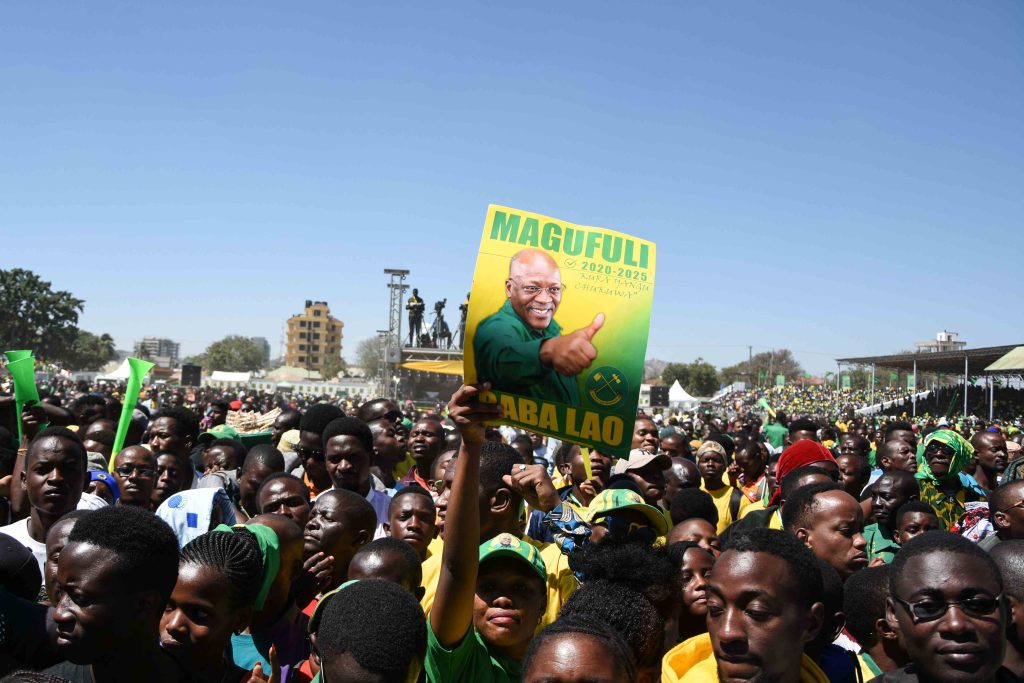As the 2024 local government elections draw near, political enthusiasts and citizens consider these a precursor to the highly anticipated 2025 general elections. With significant shifts in political landscapes and public sentiments, these elections are expected to set the stage for the general elections, providing crucial insights into the evolving voter preferences and the potential outcomes.
This article will delve into the dynamics of the 2024 local government elections, analyze their significance as a precursor to the 2025 general elections, and explore what we can expect regarding political developments and outcomes.
The 2024 local government elections are poised to be a litmus test for political parties, serving as a microcosm of the larger political landscape. These elections, which will occur across various localities, will gauge the electorate’s mood and indicate the prevailing political trends.
As such, they hold substantial importance in shaping the strategies of political parties as they gear up for the subsequent general elections. The President of the United Republic of Tanzania, H.E. Dr. Samia Suluhu Hassan, has urged Tanzanians to maintain peace and stability, especially as the country prepares for the Local Government elections in 2024.
President Samia made the remarks on October 16, 2023, the second day of her visit to Singida region.
“As we approach the Local Government Elections next year, I urge you to choose leaders who will serve you. Let’s strive to avoid factions. The election also has God’s hand; you may desire a leadership position, but if it’s not in God’s plan, don’t start creating factions that could dismantle our party, sow hatred, and hinder progress. I appeal to you to uphold love, unity, and solidarity to conduct our elections effectively.” said President Samia.
One key aspect that will be closely watched during the local government elections is the performance of newer or regional political parties. Over the past few years, there has been a growing trend of regional parties gaining prominence and challenging the dominance of traditional national parties. The local elections will provide insights into the strength of these regional players and their potential impact on the national political landscape in the upcoming general elections.
In addition, governance, infrastructure, and local development agendas will likely take centre stage in the local elections. Voters often use these elections to voice their concerns about matters that directly impact their day-to-day lives. The results of these elections will shed light on the priorities of the electorate and the issues that resonate most with them. This, in turn, will influence political parties’ narrative and policy focus as they prepare for the general elections.
As these local elections unfold, it is essential to consider the broader geopolitical context and societal dynamics that could impact their outcomes. Economic conditions, social movements, and geopolitical events can influence voter behaviour and perceptions significantly. Moreover, the role of technology and social media in shaping public opinion will likely be a defining feature of the 2024 local elections, offering a glimpse into the evolving nature of political discourse and engagement.
Looking ahead to the 2025 general elections, the outcomes of the 2024 local government elections will have far-reaching implications. The trends and patterns observed in the local elections will inform the strategies of political parties and candidates, shaping their campaign narratives, policy agendas, and electoral outreach tactics.
Additionally, the momentum gained or lost in the local elections can have a cascading effect on the morale and perception of political actors as they gear up for the national contest.
One of the critical areas that the 2025 general elections are likely to be shaped by is the issue of governance and leadership. As voters assess the performance of local representatives and administrations, their evaluations and expectations will undoubtedly spill over to the national stage.
The 2024 local elections will indicate the public sentiment regarding governance, accountability, and the delivery of public services, all of which will have ramifications for the 2025 general elections.
Moreover, the 2024 local elections will help delineate the fault lines and demographic shifts that could sway the outcomes of the general elections. Understanding the voting patterns across different regions and demographic groups will be crucial for political parties crafting targeted campaigns and outreach strategies.
The local elections will offer valuable insights into the geographic and demographic pockets of support, enabling parties to fine-tune their electoral calculus for the general elections.
Regarding policy implications, the 2024 local government elections are expected to set the tone for the policy debates and agendas leading up to the 2025 general elections. As local issues precede the electoral discourse, parties must address these concerns and integrate them into national policy platforms.
The emphasis on regional development, infrastructure, and governance in the local elections will likely drive a focus on these issues at the federal level, shaping the contours of the policy discourse in the run-up to the general elections.
In conclusion, the 2024 local government elections are poised to be a crucial precursor to the 2025 general elections, offering valuable insights into the evolving political landscape, electorate preferences, and policy priorities. With the potential to shape political alliances, policy agendas, and public sentiment, these elections hold significant implications for the country’s governance and leadership trajectory.
As the political drama unfolds in the lead-up to the local elections, the stage is set for an enthralling journey towards the 2025 general elections, with the outcomes and dynamics of the regional contests setting the tone for the national electoral battle.
Read more insights on Tanzanian political matters here.

